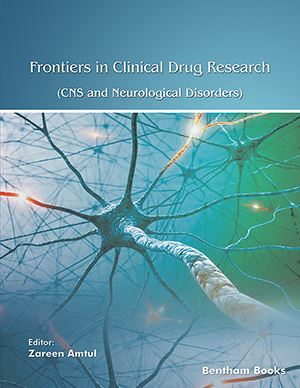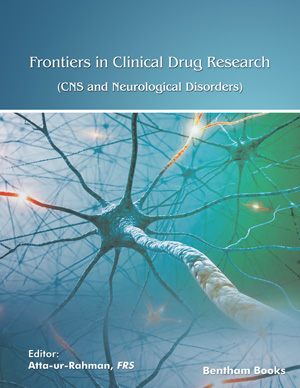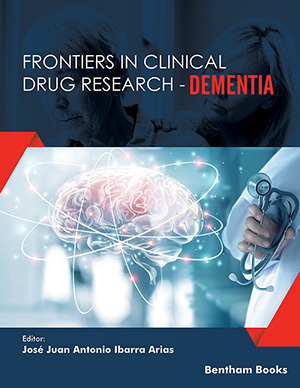
Abstract
Two topics are presented in this review. In the first section, we review data regarding the effects of the endocannabinoids (eCBs) and cannabinoid receptors on neuroimmune function. The function of eCBs in the interaction between the immune system and the central nervous system (CNS) is of particular interest, since the CNS itself is a rich source of eCBs while being exquisitely sensitive to inflammation. There are several sites at which cannabinoids can influence neuroinflammation. Microglial cells express both CB receptors and make eCBs. Activation of CB receptors on these cells seems to promote migration and proliferation but to reduce activation to macrophages. In several neurodegenerative diseases, up-regulation of microglial CB2 receptors have been observed. It is our hypothesis that microglial CB receptor activity is anti-inflammatory and could be exploited to manipulate neuroinflammatory processes with a minimum of unwanted effects. The second topic discussed suggests that the eCB/CB1 receptor pair is involved in the responses of animals to acute, repeated and variable stress. The roles of this pair are complex and dependent upon previous stress, among other things. Dysfunctional responding to stress is a component of several human neuropsychiatric disorders, including anxiety and panic disorders, post-traumatic stress disorders, premenstrual dysphoria and quite possibly, drug abuse. While it is too early to say with certainty, it is very possible that either inhibition or potentiation of endocannabinoid signaling will be an efficacious novel therapeutic approach to more than one human psychiatric disease.
Keywords: 2-arachidonylglycerol, anandamide, CB1 receptor, CB2 receptor, microglial, anxiety, neurodegeneration, cannabinoid
 13
13


















